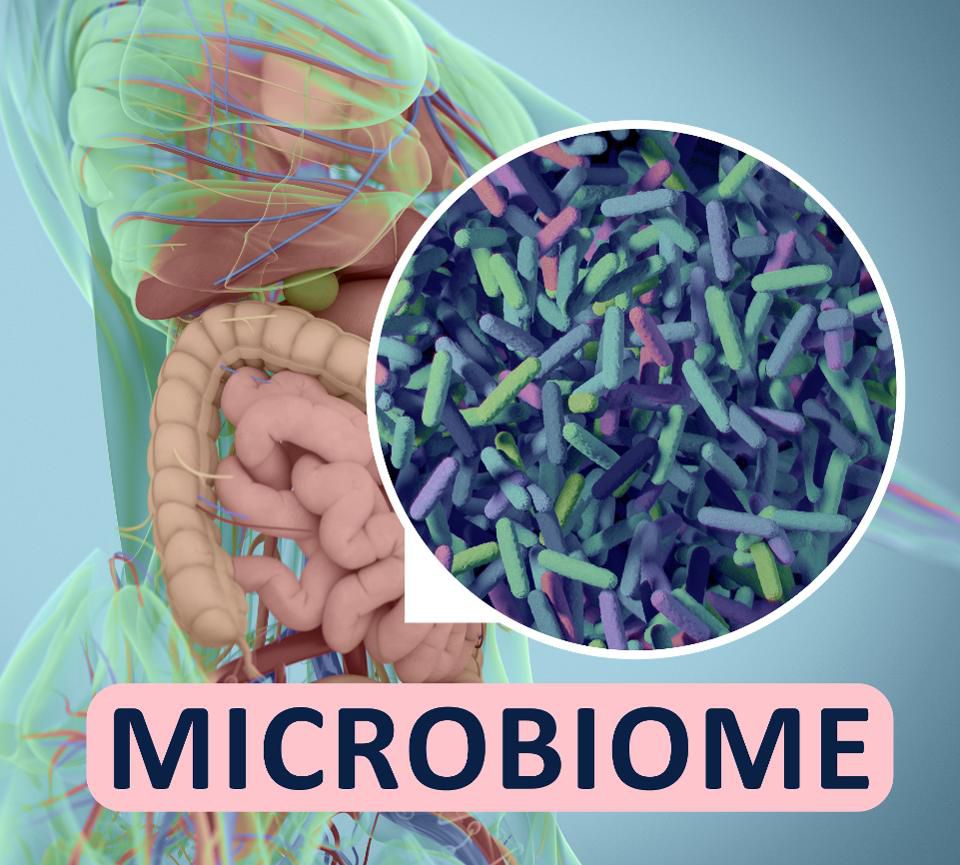
The world’s top agricultural-technology industry players gathered in San Francisco recently for the World Agri-Tech Innovation and Future Food-Tech summits. The four-day conference drew global agribusinesses, start-up founders, VCs, industry analysts, bureaucrats, journalists, and even a couple of farmers. All of them were there to see where technology was taking agriculture and food production. The urgency: how to address consumers’ diet-related chronic illnesses, demand for healthy alternatives, and desire for transparency with food.
Here are some of the most important ideas, trends, developments and innovation in global AgriFood-tech.
Scientific knowledge of how bacteria communities living in the human gut affect human health is amassing, and with it opportunities for subsequent tech innovation. Dr. Sandrine Miller-Montgomery of UC San Diego’s Center for Microbiome Innovation, says humans are “mostly microbial”—57% of our bodies’ cells are microbial, while the remainder is human.
99% of our genes are microbial, compared to only 1% that are human. Meaning, the main thrust of innovation in health and diet solutions should definitelybe aiming at the microbiome.
In a separate project, which has already inspired a private company, Israel’s Weizmann Institute of Science has been researching the human gut microbiome for several years. The 26 scientists involved have constructed and analyzed a database reflecting real participants’ gut microbiome. Their work underlies the DayTwo personalized gut assessment and dietary advice tool. In mid-2017, the company drew a $12M A round from Johnson & Johnson, the Mayo Clinic, and two VCs. It announced at the end of 2018 the establishment of a $5M lab, and in March this year said it will be partnering with one of Israel’s main healthcare providers to become a standard component of patient health analysis. In Israel alone there are about ten companies working to understand and exploit the gut microbiome.

Food coding: Genetic editing for better crops
Genome-edited crops (GECs) face two major challenges: honing the technology, which seems imminent, and convincing the public that they are definitively not genetically modified organisms (GMOs), which carry a stigma of being unnatural.
Companies like NASDAQ-listed Calyxt are leading the charge for GECs, already supplying restaurants with oil from its gene-edited soybeans. Though the small company is clearly succeeding in producing GECs and bringing them to market, at its IPO in 2017, Calyxt raised only half of what it hoped, and its stock has gradually fallen overall since then– an indication that the world is not yet ready for the advent of genomic editing.
Yet agribusiness leaders like Corteva CTO Neal Gutterson presented Corteva’s plans for gene-editing corn and soybean, to reap benefits like disease resistance and yield stability. The public may not yet be ready, but this area of innovation is apparently promising enough to elicit from even the typically slow-to-adopt food corporates a game plan featuring gene editing in their product roadmap. Read more